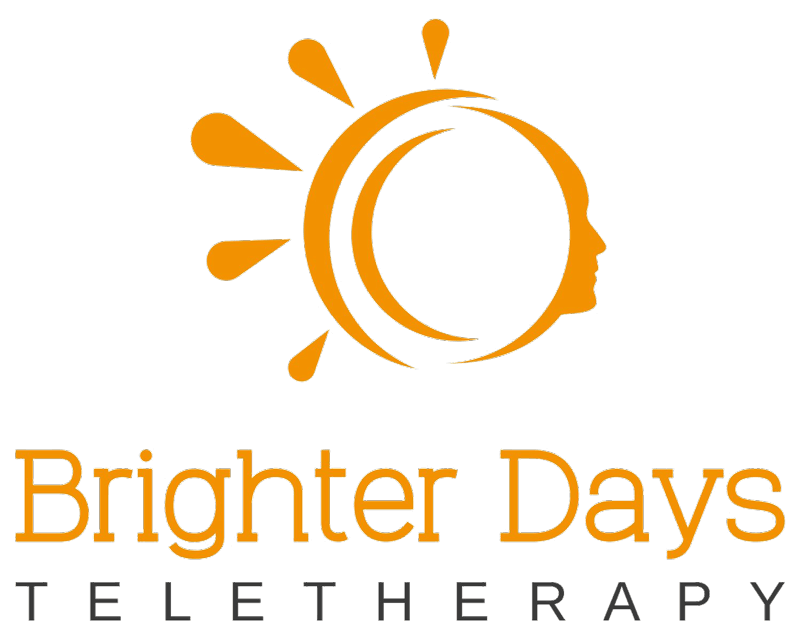The Intricate Link Between Social Media and Anxiety: A Therapist's Insightful Guide
Introduction: Navigating the Digital Landscape
Welcome to another blog post, dear readers. As a licensed therapist, I've seen a growing trend that we can't ignore—the rise of social media-induced anxiety. With over 3.6 billion people using social media worldwide, understanding its impact on mental health has never been more crucial. Today, we will explore the relationship between social media and anxiety and delve into actionable tips to safeguard your mental well-being.
The Digital Paradox: Social Yet Isolating
While social media platforms like Facebook, Instagram, and Twitter aim to connect us, they often serve as catalysts for anxiety and stress. The constant influx of information, the need for validation through likes and comments, and the "fear of missing out" (FOMO) can trigger or exacerbate anxiety symptoms.
5 Proven Tips for Managing Social Media-Induced Anxiety
Tip 1: Set Boundaries—Time Management
Why It's Important: Continuous scrolling and consumption can lead to information overload and increased anxiety.
How to Implement:
Use built-in features like Screen Time or Digital Wellbeing to monitor and limit your social media usage.
Tip 2: Curate Your Feed—Mindful Following
Why It's Important: Your mental health can be impacted by the content you consume.
How to Implement:
Unfollow or mute accounts that trigger stress or anxiety, and follow accounts that uplift you and contribute positively to your mental health.
Tip 3: Be Present—Mindfulness Practice
Why It's Important: Mindfulness can help reduce the anxiety induced by constant notifications and updates.
How to Implement:
Turn off non-essential notifications and practice mindful scrolling by fully engaging with each post before moving on to the next.
Tip 4: Digital Detox—Unplug to Recharge
Why It's Important: A break from social media can significantly reduce stress and anxiety.
How to Implement:
Designate specific days or periods to unplug entirely from social media, allowing your mind to recharge.
Tip 5: Seek Professional Help—Therapy and Counseling
Why It's Important: Sometimes self-help methods may not be enough to manage social media-induced anxiety.
How to Implement:
If you find that social media is significantly affecting your mental health, consider seeking professional advice through therapy or counseling services.
Concluding Thoughts: Your Mental Health Matters
Remember, you control social media; it doesn't control you. While platforms offer the advantage of staying connected and informed, they should not be detrimental to your mental well-being. Implement these tips and take control of your social media experience for a healthier, more fulfilling life.
